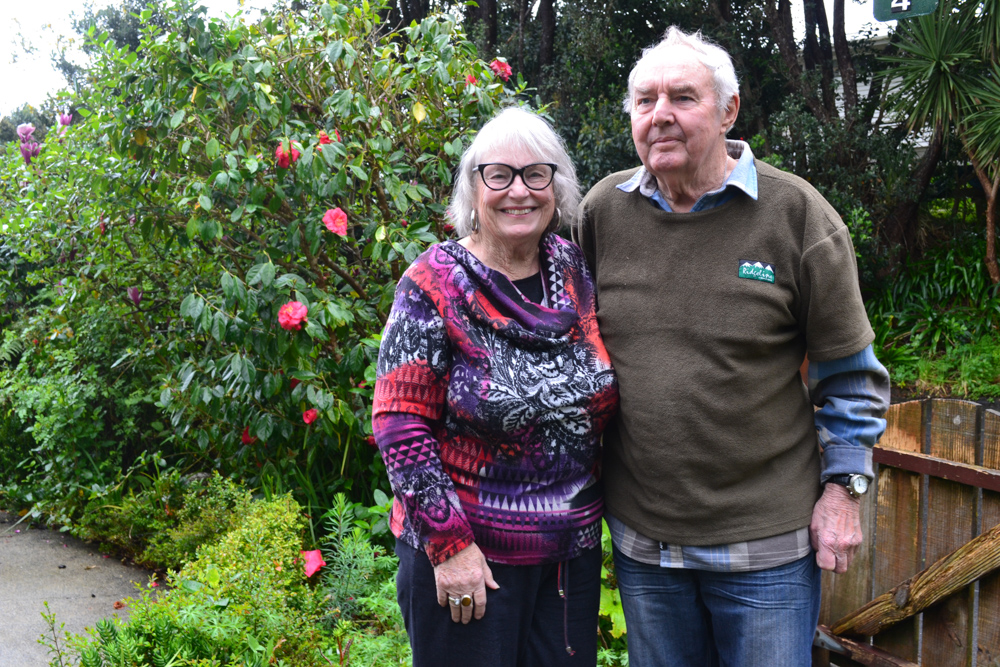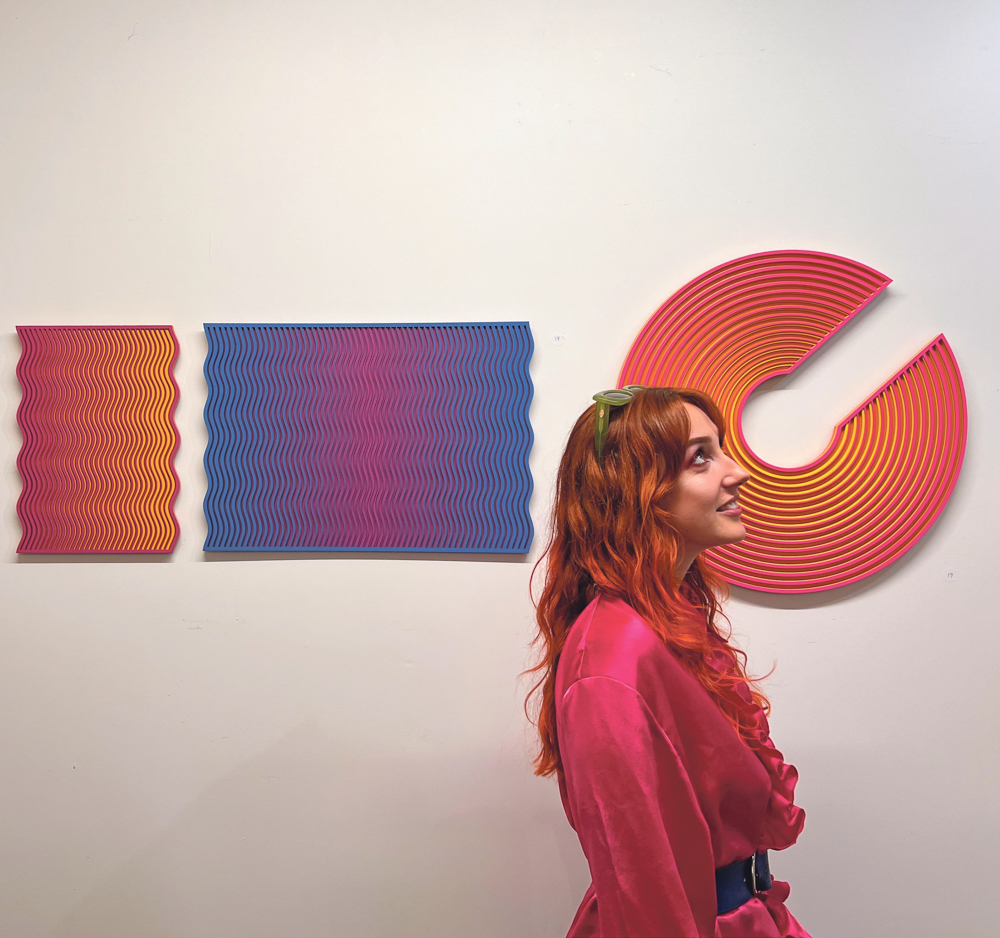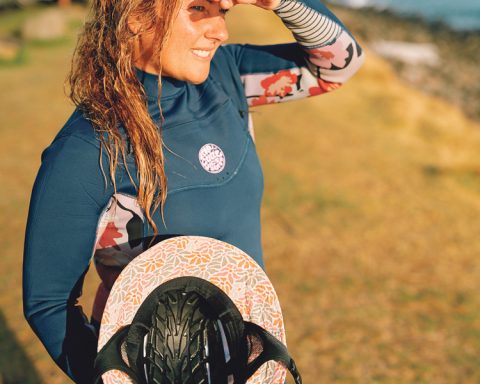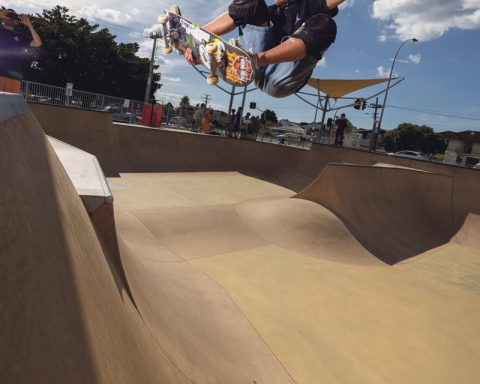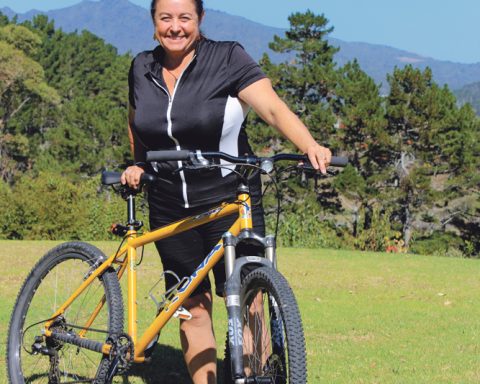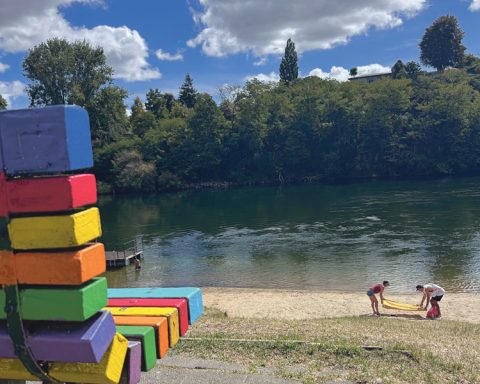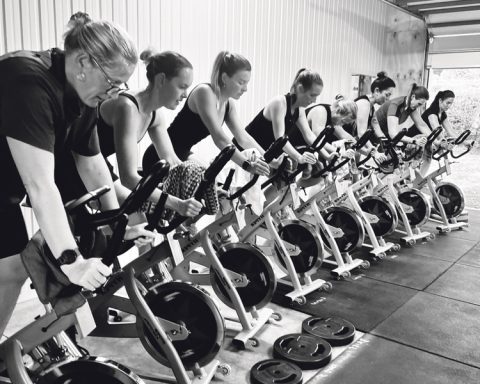When one-time glazier and handyman about town Laurie Coxhead was asked once by Waikato District Council to remove graffiti from paving stones on Raglan’s Cliff St, he thought outside the square(s) and simply flipped the pavers over.
Everyone believed he’d done an amazing job in record time, and he never let on what he called his “commercial secret”.
That was back in the late 1980s, soon after he and wife Wendy came to live in Raglan, and the incident had them still shrieking with laughter last week as they reminisced over their past 36 years around town.
There were plenty more such anecdotes as the couple who’ve spent more than half their married life here told the Chronicle how they’re about to close one chapter and open another.
Laurie and Wendy are off to a retirement village in Hamilton, just minutes away from daughter Tory, and with the added assurance of a safety net of sorts now they’re in their 80s and have had a few health scares.
They’ve seen a lot of changes in their three-and-a-half decades in Raglan, Wendy says. “It was so much quieter before,” her husband chimes in. “We knew all the faces around town.”
The Coxheads made the move over the divvy from Hamilton after Laurie was made redundant – downsizing, paying off their mortgage and setting up a glazing service specialising in what Laurie knew best: “windows, catches, slider wheels, the lot”.
They lived in Te Hutewai Rd the first 15 years but have been closer to the heart of town – in Tidd Dr off Stewart St – for the past 20.
Wendy’s worked as practice manager at the local medical centre, when it was in Wi Neera St, and as sole charge office manager at Lugtons Real Estate when it had a presence downtown.
But she lists her main contributions to the community over the years as her work with Raglan Lions Club – the ‘We Serve’ motto her driving force – the Raglan Arts Council and the Congregational Church at the end of Stewart St.
“And me,” quips Laurie, adding himself to her list of voluntary occupations. “A hundred percent you,” she responds laughingly. Laurie is partially blind or – in his own words – can now see “bugger all”, and wears a medical alarm pendant round his neck in case of emergencies.
But he put in a lot of community work around town in his day, including joining up as a firefighter at the ripe old age of 70. He’s now completed 15 years as a volunteer and plans to return to Raglan for the presentation of his long service medal at the fire brigade’s honours night in November.
Laurie believes local fire chief Frank Turner covets his fire support ‘police’ helmet, which dates from the time when employees and volunteers were known as fire police, and says he’ll bequeath it to Frank on his departure.
A territorial back in the day, Laurie has been an active life member of the RSA and also president of the Raglan Club for six years. He reckons he built up his glazing business from what was called the number one leaner at the club, the table where the tradies typically congregated and shared information about jobs in the district.
And in the nineties he was the local dog ranger, a council job he says could have been more aptly described as animal ranger. When stray horses were reported he’d get a mate who regularly rode up Bow St to pick them up in his own horse float and take them to the ‘pound’ in what was then known as Ocean Beach Rd (now Riria Kereopa Memorial Dr).
While Wendy and Laurie are now looking forward to “simplifying” their life – without the worry of ongoing home maintenance or getting help in medical emergencies – they have many fond memories of the old, largely cafe-less Raglan town to file away.
Not that they’re averse to a bit of cafe culture themselves: lately they’ve been venturing downtown, along with pooch Molly, almost daily for a coffee fix at The Stoned Cow (Molly gets to go with them to Linda Jones Retirement Village on River Rd).
Wendy says she’s heartened by the number of children and young parents she sees now about town, the next generation representing the “changing pace” of Raglan.
But Laurie’s a tad more cynical about the happenings in a town that he points out once had taxis parked up outside what is now Wyld eatery & bar, three doctors’ surgeries, three service stations, three banks, a real post office – not just an agency in the supermarket – and five-days-a-week mail delivery to the door.
And invariably there was a police officer on duty at the police station, he adds.
With people able to access just about all they required locally, he says, “you didn’t need a car licence or rego either, you just stayed here!”
Edith Symes
